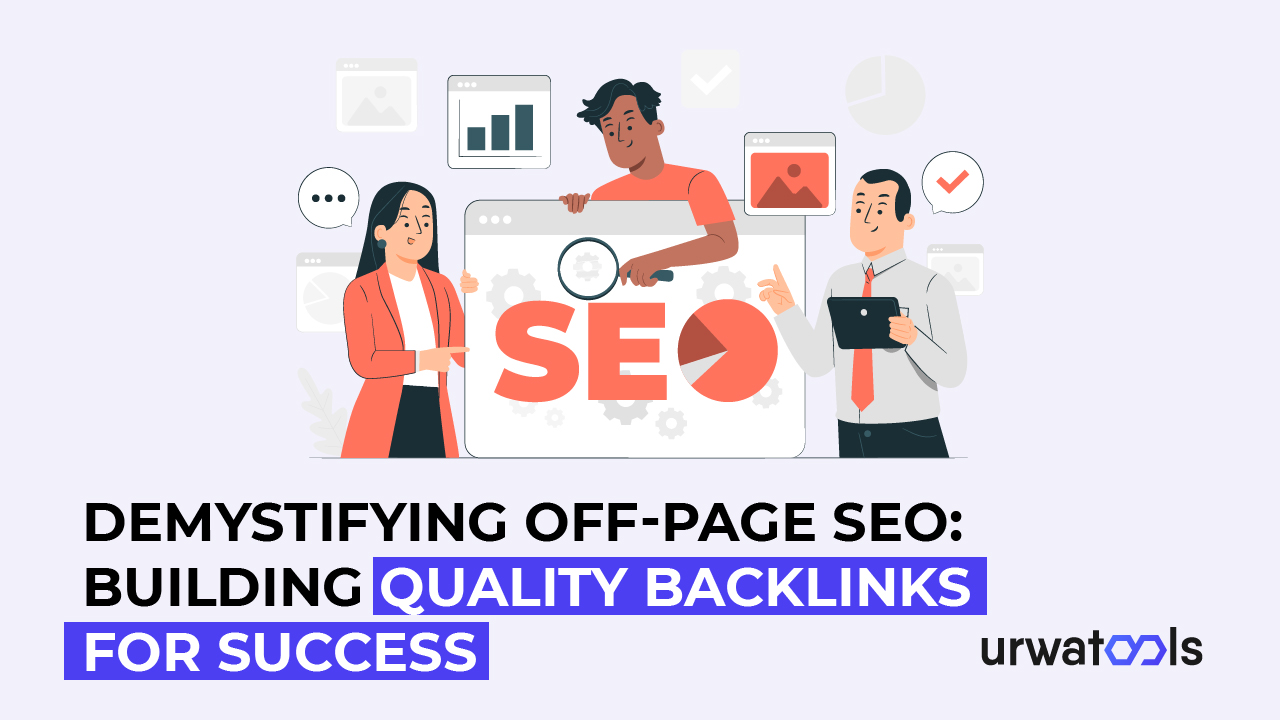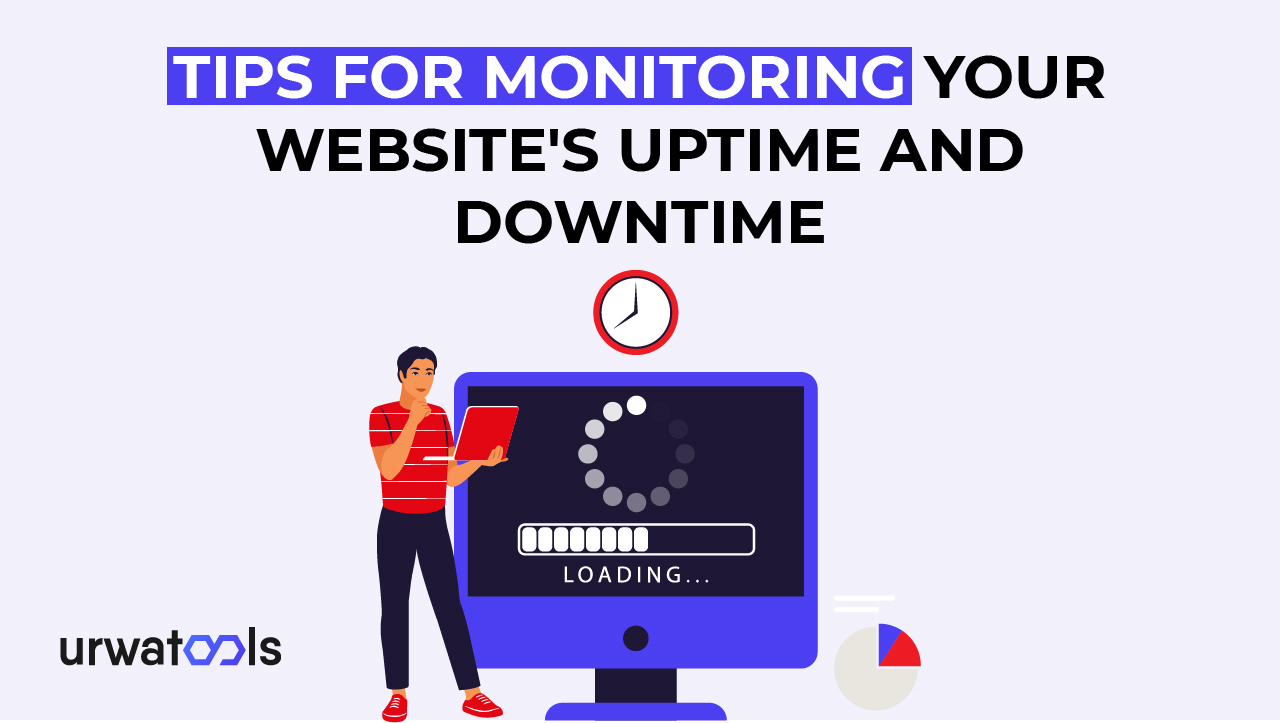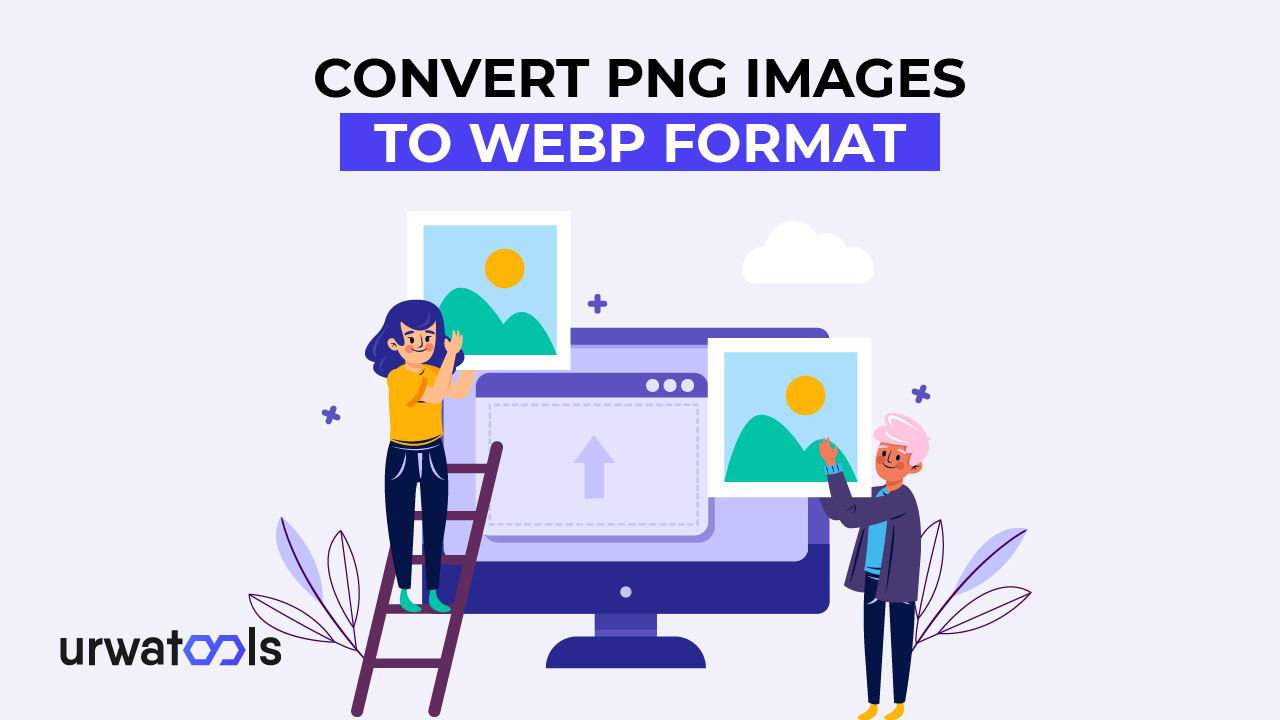Permalink1. Introduction
Backlinks are crucial to search engine optimization (SEO) and may substantially influence website visibility and ranking. While on-page optimization focuses on enhancing a website's content and structure, off-page SEO encompasses efforts outside the website, notably creating high-quality backlinks. This post will debunk off-page SEO by delving into the tactics and procedures for acquiring high-quality backlinks to succeed online.
Permalink i. What is off-page SEO?
Off-page SEO refers to activities outside a website to increase search engine rankings and exposure. It entails various operations to establish a strong online presence, including backlink acquisition.
Permalink ii. The significance of off-page SEO
Off-page SEO is critical in assessing a website's authority and trustworthiness in search engines' eyes. Quality backlinks notify search engines that your website is trustworthy and useful. As a result, your website's organic ranking and organic traffic may improve.
Permalink2. Understanding Backlinks
Backlinks are a crucial component of off-page SEO since they determine a website's authority and ranking in search engine results. This section will explore deeper backlinks, learning their meaning, importance, and influence on search engine optimization.
Permalinki. What exactly are backlinks?
Backlinks are links that start on one website and point to another. They are also termed inbound links or incoming links. They serve as external votes of confidence, demonstrating a website's relevance, reliability, and credibility. Search engines see backlinks from other authoritative and relevant websites as a signal that a website is credible and worthy of better ranking.
Permalinkii. The Role of Backlinks in SEO
Backlinks are a crucial ranking element for search engines such as Google. Backlinks are viewed as endorsements from other websites, implying that the linked website is a valuable resource in its business area. The quantity of high-quality backlinks matters in ranking high on the search engine results pages.
Permalinkiii. The Influence of Link Juice
Each backlink sends "link juice" or "authority" from the connecting website to the related website. This link juice helps search engines determine website prominence and relevancy. Websites with high-quality backlinks have more link juice, which might help them rank better.
Permalink3. Types of backlinks
Backlinks are not equal. Comprehending the various forms of backlinks and their value in SEO techniques is critical. These are some examples of common forms of backlinks:
Permalinki. Organic Backlinks:
Natural backlinks, or organic or editorial backlinks, are obtained organically without the website owner's purposeful effort. They are gained when other website owners deem your material worthwhile and link to it willingly. Search engines highly regard natural backlinks since they signal that your material is beneficial and worth spreading.
Permalinkii. Manual Backlinks:
A combination of intentional efforts and communication results in manual backlinks. Website owners actively seek backlinks from other website owners, bloggers, or influencers. This method is part of building connections, providing quality material, and explaining why the linked website would benefit from a link to your website.
Permalinkiii. Self-Generated Backlinks:
Self-generated backlinks are links created by website owners. These examples are leaving comments on blogs, sending articles to directories, engaging in forums, or providing links to social media accounts. While self-generated backlinks can be part of an off-page SEO strategy, they must come from credible sources and are related to your website content.
Permalinkiv. Editorial Backlinks:
Editorial backlinks are links granted by editors or website owners based on content worth and quality. These backlinks are extremely valuable since they are often gained by developing high-quality content that organically attracts attention and links.
Permalink4. Backlink Quality Evaluation
While the quantity of backlinks is significant, the quality is more crucial. When considering the influence of a backlink, search engines examine the quality and relevancy of the referring website. Here are some significant points to consider while evaluating backlink quality:
Permalinki. Relevance:
Relevance is critical when evaluating backlink quality. A backlink from a website topically related to your website's content holds more value than a link from an unrelated source. Search engines consider the link's context and relevance to determine the value it adds to the linked website.
Permalinkii. Authority:
The authority of the linked website is another essential factor in evaluating backlink quality. Search engines assign authority or trust to each website, often represented by metrics such as Domain Authority (DA) or Page Authority (PA). Backlinks from high-authority websites have a greater impact on rankings.
Permalinkiii. Trustworthiness:
The trustworthiness of the linked website is crucial to backlink quality. Search engines consider a website's reputation and trustworthiness when assessing its backlinks' value. Backlinks from reputable sources, such as well-established organizations or reputable news websites, hold more weight in search engines.
Permalinkiv. Traffic:
The organic traffic a linked website receives can also contribute to backlink quality. Websites with higher traffic tend to have a broader reach and more visibility, indicating their importance and influence in their niche. Backlinks from websites with significant organic traffic can positively impact the linked website's visibility and rankings.
Permalink5. The Importance of Quality Backlinks
Backlinks always favor quality over quantity. While having many backlinks may seem desirable, it is crucial to focus on high-quality backlinks. Here's why quality backlinks are critical:
Permalink i. Relevancy and Context:
Quality backlinks ensure that your website is associated with relevant and related content. Search engines recognize contextual relevance when they find backlinks from websites in the same niche. They interpret it as a signal of authority in that specific subject matter. This relevancy helps search engines understand the topics and themes associated with your website, leading to higher visibility in relevant search results.
Permalink ii. Authority and trust:
Backlinks from authoritative and trusted websites contribute to your website's perceived authority and trustworthiness. When reputable websites link to your content, search engines know your website is valuable. Resultantly, search engines are more likely to rank your website higher in search results as they prioritize delivering reliable and trustworthy content to their users.
Permalink iii. Traffic and Referral Opportunities:
Quality backlinks can also drive direct traffic to your website. When users encounter a backlink on a reputable website, they may be intrigued and click on the link to learn more. This referral traffic can bring new visitors to your website, potentially leading to conversions, engagement, and increased brand exposure.
Permalink iv. Long-Term SEO Success:
You can build a solid base for long-term SEO success by focusing on quality backlinks. Search engines continuously refine their algorithms to detect and penalize manipulative or low-quality backlink practices. By adhering to ethical and white hat SEO techniques, you can avoid penalties and maintain sustainable rankings over time.
Permalink6. Techniques for Building Quality Backlinks
Building quality backlinks requires a strategic approach and a focus on creating user value. Here are some effective techniques for building high-quality backlinks:
Permalink i. Guest Blogging:
The guest posting includes writing and publishing articles on other websites as guest authors. This strategy allows you to showcase your expertise, reach a new audience, and acquire backlinks through an author bio or in-article link. When guest blogging, ensure that you contribute valuable and original content to maximize the chances of quality backlinks.
Permalink ii. Influencer Outreach:
Influencer outreach involves identifying influential individuals or industry leaders and collaborating with them to create content or secure backlinks. You can attract high-quality backlinks and expand your brand's visibility by leveraging influencers' authority and reach. Build genuine relationships with influencers by engaging with their content, sharing their work, and offering value to increase the likelihood of backlinks.
Permalink iii. Broken Link Building:
Broken link building is a process that includes identifying broken links on relevant websites. It involves reaching out to website owners to offer your content as a replacement. You can secure valuable backlinks by solving the broken link problem. This technique benefits both the linked website, as they fix broken links, and your website, as you acquire a quality backlink.
Permalink iv. Content Promotion and Outreach:
Creating high-quality and shareable content is crucial for backlinks. However, promoting your content and reaching out to relevant website owners, bloggers, or journalists is equally worthwhile. These people may find your content valuable and link to it. Actively promote your content on social media channels, email outreach, and engage with relevant communities to increase its visibility and chances of backlinks.
Permalink v. Building Relationships and Networking:
Building relationships within your industry or niche is essential for quality backlinks. Attend conferences, participate in industry forums, and engage with influencers and thought leaders. By establishing genuine connections and providing value to others, you increase the likelihood of receiving backlinks naturally.
Permalink vi. Monitoring and Analyzing Backlinks:
Monitoring and analyzing your backlink profile is crucial to understanding your off-page SEO effectiveness. By using dedicated tools, you can gain valuable insights into your backlink profile, track your website's performance, and identify areas for improvement. Here are some backlink analysis tools:
Permalink vii. Google Search Console:
Google Search Console provides valuable information about backlinks pointing to your website. It enables website developers to track the number of backlinks, the domains linking to your website, and any issues detected by Google.
Permalink viii. Ahrefs:
Ahrefs is a comprehensive backlink analysis tool offering insights into backlinks, referring domains, and the quality of backlinks. It provides in-depth data to help you understand your backlink profile and identify growth opportunities.
Permalink ix. Moz Link Explorer:
Moz Link Explorer provides insights into your backlink profile, including information on the number of backlinks, anchor text, and domain authority of linked websites. It helps you assess the quality and impact of your backlinks.
Permalink x. SEMrush:
SEMrush offers a range of backlink analytics tools, including information on the number of backlinks, referring domains, and the types of backlinks. It enables you to monitor and analyze your backlink profile, identify trends, and make informed decisions to improve your off-page SEO strategy.
Permalink xi. The Future of Backlinks:
As search engines evolve, the landscape of backlinks also changes. Adapting to emerging trends and staying updated with algorithm changes is essential. Here are some emerging trends in off-page SEO and backlink building:
Permalink xii. User-Generated Content:
Encouraging users to create and share content that naturally attracts backlinks is a growing trend. By fostering user-generated content, you can tap into your audience's power and generate organic backlinks.
Permalink xiii. Brand Mentions:
Search engines place more importance on brand mentions, even without direct backlinks. Brand mentions are indicators of authority and relevance, contributing to your website's visibility and SEO rankings.
Permalink xiv. Social Signals:
Engaging with users on social media platforms and sharing valuable content can help build brand awareness and attract natural backlinks. Social signals like likes, shares, and comments are becoming increasingly influential in SEO.
Permalink xv. Mobile Optimization:
Mobile responsiveness is worthwhile for increasing the use of mobile devices. Mobile-friendly websites provide a better user experience, leading to increased visibility and more backlinks.
Permalink7. Quality vs. Quantity of backlinks
PermalinkImportance of quality backlinks:
Quality backlinks are more valuable than many low-quality backlinks. Search engines prioritize quality over quantity when evaluating backlinks. A few high-quality backlinks from authoritative and relevant websites can significantly impact your SEO efforts more than numerous low-quality backlinks.
PermalinkHow to determine backlink quality:
Several factors determine backlink quality:
1. Relevance: The linked website should be topically related to your website.
2. Authority: The linked website should have high domain authority and a strong online presence.
3. Ensure that: The linking website is trustworthy and reputable.
4. Traffic: The linked website should have a lot of organic traffic.
Permalink8. White Hat vs. Black Hat SEO Techniques
Permalink i. Difference between white hat and black hat SEO:
White hat SEO techniques are ethical strategies that focus on providing value to users and complying with search engine guidelines. These techniques aim to build sustainable long-term rankings and prioritize user experience.
Contrarily, black hat SEO techniques involve manipulative practices that violate search engine guidelines. These techniques may provide short-term gains but can result in penalties or even complete removal from search engine results.
Permalink ii. Why you should focus on white hat techniques:
Focusing on white hat techniques is essential for long-term off-page SEO success. Search engines continuously evolve and become more sophisticated at detecting and penalizing black hat practices. Adhering to white hat techniques ensures your website's rankings longevity and sustainability.
Permalink9. Avoiding Common Backlink Mistakes
Permalink i. Buying backlinks:
Buying backlinks from low-quality or spammy websites is a black-hat technique that violates search engine guidelines. These backlinks are often of poor quality and can harm your website's reputation and rankings. It is crucial to focus on acquiring natural and high-quality backlinks through ethical means.
Permalink ii. Excessive link exchanges:
Excessive link exchanges, where websites agree to link to each other solely for building backlinks, can be seen as manipulative by search engines. Instead, prioritize building relationships with relevant websites and earning backlinks based on your value.
Permalink iii. Low-quality directories:
Submitting your website to low-quality directories solely for link building is not recommended. Instead, focus on reputable directories relevant to your industry or location and provide genuine value to users.
Permalink iv. Link farms and PBNs:
Link farms and private blog networks are websites created to generate backlinks. Search engines consider these practices manipulative and penalize websites associated with them. It is essential to focus on natural and organic link-building strategies.
Permalink10. Monitoring and Analyzing Backlinks
Tools for backlink analysis: Several tools can help you monitor and analyze your website's backlinks:
1. Google Search Console: Provides information about backlinks pointing to your website and any issues detected by Google.
2. Ahrefs: Offers comprehensive backlink analysis, including backlinks, referring domains, and quality.
3. Moz Link Explorer: Provides insights into linked websites' backlinks, anchor text, and domain authority.
4. SEMrush: Offers backlink analytics, including the number of backlinks, referring domains, and types of backlinks.
Permalink11. Tracking your backlink strategy's success:
Monitoring and tracking your backlink strategy's performance is crucial to understanding its effectiveness. Regularly check your backlink profile, organic traffic, and rankings. Analyze the impact of specific backlinks and adjust your strategy accordingly.
Permalink12. The Future of Backlinks
PermalinkEmerging Trends in Off-Page SEO
As search engines evolve, backlink algorithms change. Some emerging trends in off-page SEO and backlink building include:
1. User-generated content: Encouraging users to create and share content that naturally attracts backlinks.
2. Brand mentions: Search engines emphasize brand mentions as indicators of authority and relevance, even without a backlink.
3. Social signals: Engaging and sharing content on social media platforms can build brand awareness and attract backlinks.
4. Mobile optimization: With the increasing use of cell phones, optimizing your website for mobile users can improve visibility and attract natural backlinks.
PermalinkImportance of adapting to algorithm updates
Search engine algorithms continually evolve to provide the most reliable search results. Staying updated with algorithm changes and adapting your backlink strategy is crucial. You can ensure long-term success by providing value, building relationships, and adhering to search engine guidelines.
Permalink13. Conclusion
In conclusion, building quality backlinks is a crucial aspect of off-page SEO that can significantly impact a website's visibility, authority, and rankings. By understanding the types of backlinks, focusing on quality over quantity, and employing effective link-building techniques, you can improve your website's online presence and attract organic traffic. Remember to prioritize ethical and white hat practices, monitor and analyze your backlink profile, and adapt to emerging trends and algorithm updates.
Written by
A full-stack web developer, entrepreneur, and compassionate individual.
A full-stack web developer, entrepreneur, and compassionate individual.







